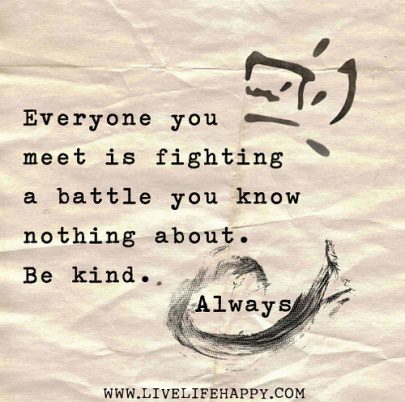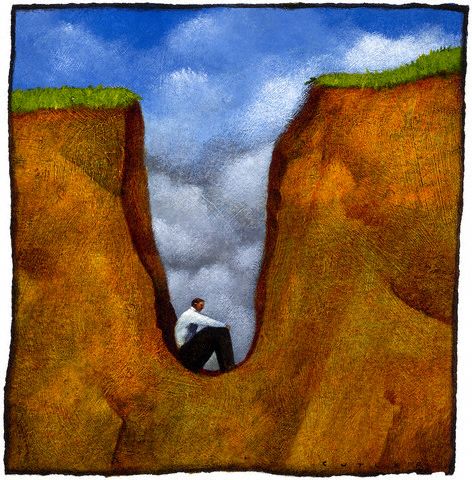Seems like anything that garners attention in this age of unavoidable social media eventually suffers a backlash. For several years now, there has been a steady stream of articles about the benefits of mindfulness practice and meditation. More recently, there has been a growing number of missives attacking mindfulness and meditation – in other words, the backlash has begun.
I think I understand the motivation for the usual backlash – people are just sick to death of hearing about a particular topic. It happens with equal frequency for things of great importance – like presidential campaigns – and things of no importance at all – like planking.
Where these anti-waves lose me, though, is when they begin to attack the thing itself, rather than the ridiculous amount of attention that the thing has received. Which is why I’m bewildered by the backlash against mindfulness and meditation. True, they are both receiving much more attention than they used to, but not nearly as much as other things that collapse back on themselves. Worse, some people are characterizing meditation and mindfulness as ineffective, faddish, and a waste of time. Both practices can withstand a close critique, in my opinion, but much of the criticism I have seen is ill-informed and reveals a startling lack of understanding of the things they are condemning.
A typical example appeared recently under the title “In defiance of mindfulness,” as if mindfulness were somehow oppressing the author. Her opening paragraph was a jaw-dropper:
Mindfulness is so big these days that someone has even made an attempt at calculating its impact on this country’s GDP. I, however, have not seen anyone to whom mindfulness has made any substantial difference. In fact, all the confused people that I know regularly meditate and go on yoga retreats. Some even teach at them.
Let’s just skip over the hyperbole and address the notion that the author knows no one who has benefited from mindfulness. That suggests to me that she doesn’t know what mindfulness is. Of course, I’m attuned to it as a practitioner, but I see mindfulness’ benefits everywhere I look; even when I’m not looking. Her next lines confirm what I thought:
While mindfulness can calm us down and we may even decide, after too many deep breaths, that we have “found ourselves”, we then invariably go back to the real world and all its limitations. And our old circumstances stare us in the face and create the same stress and aggravation.
The most common misunderstanding about meditation and mindfulness is that their purpose is to withdraw from the world or hide from reality. Nothing could be further from the truth. Although meditation often takes the form of sitting in quiet, its intent is to benefit you when you’re not “on the cushion.” Mindfulness is about improving your awareness of life as it happens and, thereby, your ability to cope with the stress and aggravations of every day.
BTW, if the practice of mindfulness involves “finding ourselves” (not a phrase I’ve ever used in relation to mindfulness) it does not seek to hide from world. Rather, mindfulness is about finding yourself where you actually are, in the circumstances you actually are living in.
And here comes the message of this article. It is breathtakingly naïve to claim that all a modern individual needs is inner calm, and all else would fall into place. How can half an hour of yoga and meditation a day fix a stalled career, for example? So instead of chasing some elusive sense of self which we hope will keep us happy at all times, we should instead focus on improving our circumstances and getting rid of the problems that caused us the stress in the first place.
This paragraph breathtakingly mischaracterizes mindfulness and is further proof the author doesn’t know what it is. No one who truly understands mindfulness would make such a claim. It is a tool for living in a world of suffering, not a method for eliminating suffering. It works best, in my opinion, when integrated into your life, including any other things you do to promote physical, mental, and emotional health.
Let me answer the author’s question: A half hour of yoga or mediation a day won’t make your job any better, or increase your income, or stop someone from abusing you. It will change your outlook, the orientation of your mind, your attitude. It will equip you to deal with the suffering you encounter so that you can find the strength and motivation to seek a new, better-paying job; or to find a way to escape from an abusive situation. Mindfulness helps you cope with the difficulties of life by opening your eyes to the true source of those difficulties – it is virtually impossible to remedy difficult circumstances if you don’t truly understand their nature and what causes them.
One last item: The author refers to mindfulness as “new-age,” which is a code word for “the latest fad.” Of course, mindfulness and meditation are thousands of years old, hardly a recent development. If anything is new, it’s the author’s awareness of the practice.
It is unfair to characterize mindfulness as something it is not intended to be and then tear it down for not being that something.



